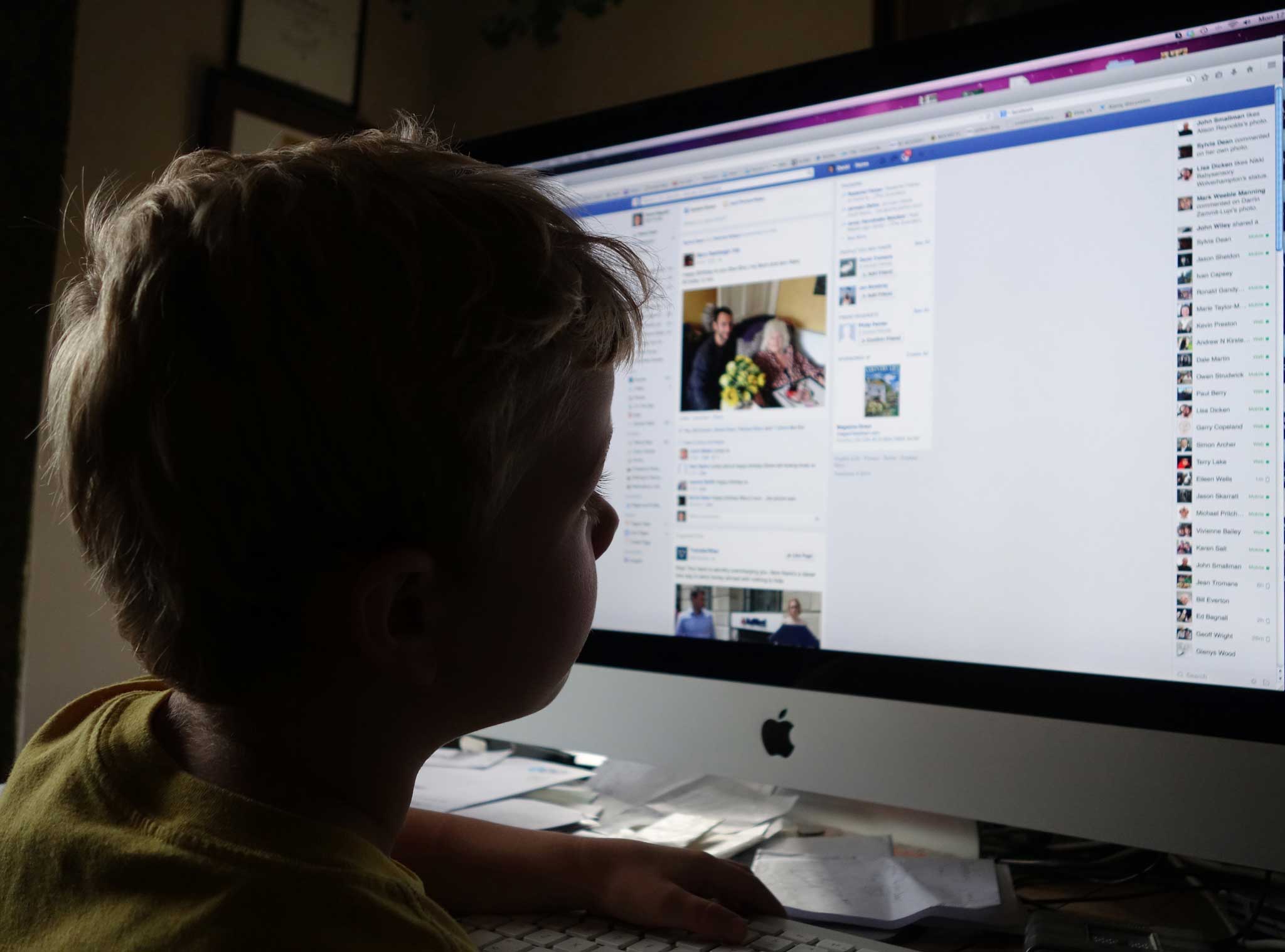Banning children from using Facebook is like stopping them from going to the park
The proposed law would only encourage children to lie to their parents

Your support helps us to tell the story
From reproductive rights to climate change to Big Tech, The Independent is on the ground when the story is developing. Whether it's investigating the financials of Elon Musk's pro-Trump PAC or producing our latest documentary, 'The A Word', which shines a light on the American women fighting for reproductive rights, we know how important it is to parse out the facts from the messaging.
At such a critical moment in US history, we need reporters on the ground. Your donation allows us to keep sending journalists to speak to both sides of the story.
The Independent is trusted by Americans across the entire political spectrum. And unlike many other quality news outlets, we choose not to lock Americans out of our reporting and analysis with paywalls. We believe quality journalism should be available to everyone, paid for by those who can afford it.
Your support makes all the difference.Once again EU lawmakers have shown that the devil finds work for idle hands. In its wisdom, a group of regulators has amended proposed data protection laws so that children under 16 can no longer join social media and chat apps without parental consent. If this proposal is ratified by the European Parliament it will be illegal for any child under 16 to access Facebook, Instagram or Twitter unless they have the permission of their mum and dad.
It is difficult to comprehend what this attempt to regulate children’s online experience hopes to achieve. Both child protection and civil liberties organisations have pointed out that the rule would not make children safer online – and some have noted that it is more likely to encourage children to lie, creating a culture of dishonesty. If this law is enacted, its perverse consequence would be to normalise inter-generational deceit and extend the distance between children’s online world and that of their parents.
The authors of this amendment have demonstrated a remarkable degree of ignorance about 21st century childhood. For better or worse, engagement with social media is no longer an incidental hobby. Children as young as five regard digital technology as part of their daily experience; as far as they are concerned the “offline” and the “online” do not constitute two separate worlds. By the time they turn 10 or 11, a significant proportion of their time is mediated through interaction on the social media. A law that prevents under-16s from using the social media would be the equivalent of prohibiting children from going to a park to play with their friends.
Children do not regard social media or apps merely as a source of entertainment. For teenagers, social media provides a platform for asserting their status and identity – activities that have historically been performed offline but which have migrated to the digital world.
Adults, understandably, worry about what children do when they engage with one another on the internet. But it is important to recall that young people have always sought to create a world of their own where they can interact with each other. The way children behave and talk when they are on their own is very different when their parents or adults are watching them. Experience suggests that these peer-to-peer interactions are vital for their social and psychological development. Children learn about social boundaries, and gain the experience of cultivating independent relationships, when they are outside the adult gaze.
Nevertheless, the powerful role that the social media plays in teenagers’ lives is not a fact of nature. The rise of children’s digital bedroom culture was fuelled by a risk-averse climate that has encouraged the decline of their outdoor experience. In the past three decades, adult anxieties about children’s safety have turned the outdoors into a no-go area. Young children have far less opportunities to enjoy the freedom of the outdoors than those in the past century.
Adults frequently accompany children on their journey to school or to the park. Children under the age of 11-12 are often discouraged from playing on their own out of doors.
By the turn of the century it became evident that children were embracing digital technology to compensate for the lack of opportunities they had for playing outdoors. In particular social media was adopted to overcome their experience of isolation. It was also used to construct a distinct peer culture that sought to gain a measure of independence through evading adult monitoring. Now it is their culture and any law that attempts to restrict access to it would inevitably force teenagers to find new ways to engage with it.
It is likely that sanity will prevail and EU law makers will resist the temptation to encroach further on children’s freedom. But this issue only serves to highlight the climate of mistrust that prevails between the generations. Calls to curb access to social media send out the message that teenagers cannot be trusted to use Facebook or Instagram. Such a message can only encourage young people to isolate themselves further from their elders. The main casualty of this proposed law is the quality of inter-generational dialogue.
Join our commenting forum
Join thought-provoking conversations, follow other Independent readers and see their replies
Comments